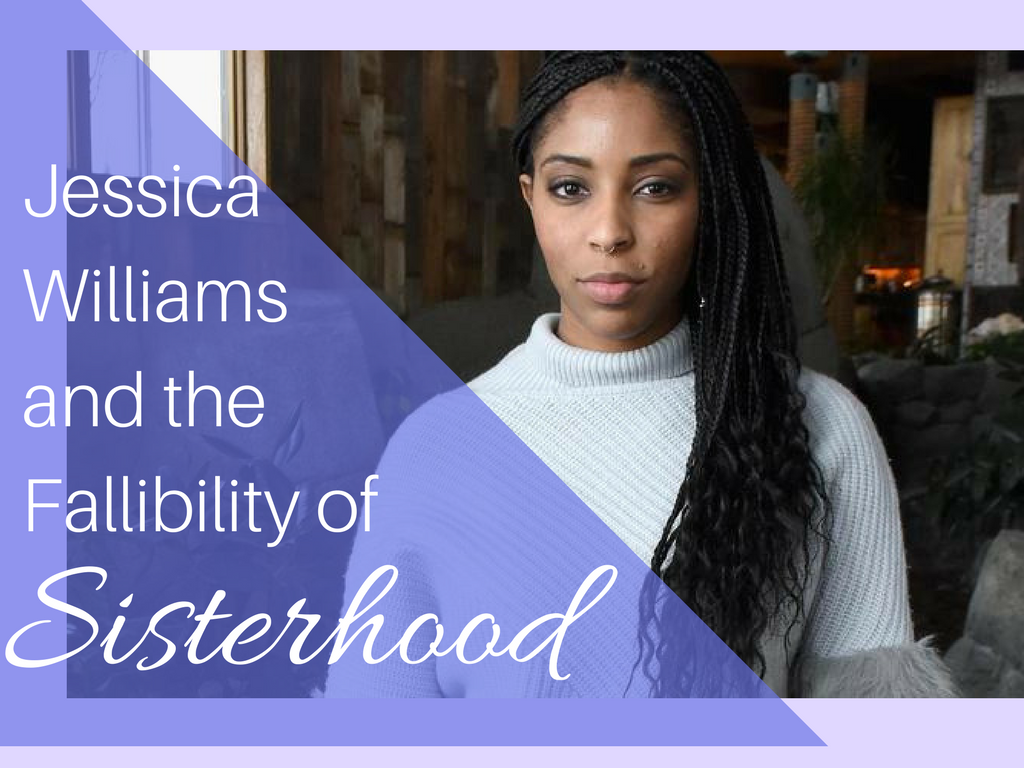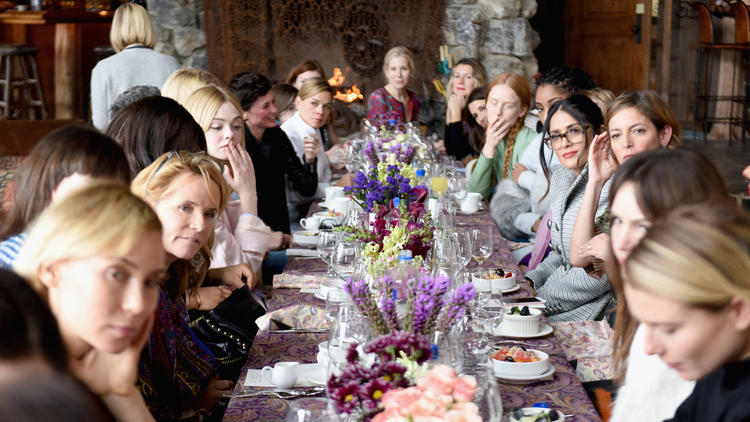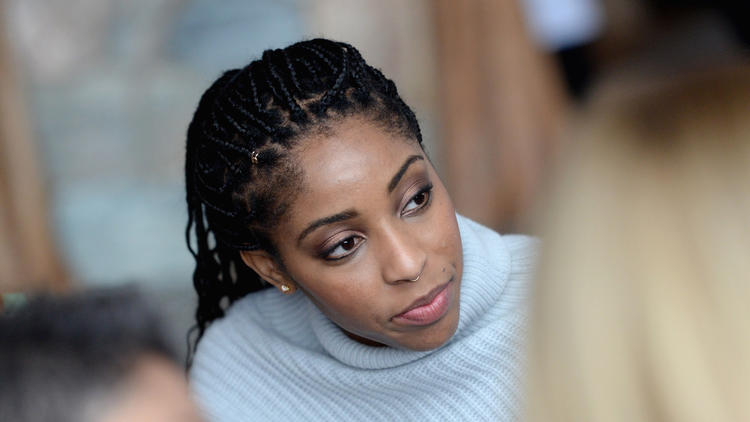|
“All skinfolk ain’t kinfolk”- Zora Neale Hurston Black women have long been accustomed to disappointment. Throughout our history in the United States, we’ve routinely been denied our humanity, even at the hands of those who should've been our most natural allies. We’ve become intimately familiar with the pervasiveness of selective empathy and misogynoir. And we navigate these obstacles accordingly. Black women know all too well about the capacity of the singularly marginalized to dismiss the need of those of us targeted for our multitudes. I learned this lesson for myself as a child. I saw and experienced sexism from Black boys and men, and stumbled through racist encounters with white women and girls. I saw first-hand how the oppressed still manage to oppress one another, and I learned then about the fallibility of unity. I learned this lesson from history. Throughout our history, during the Civil Rights Movement and the Women’s Right’s Movements, Black women were asked to split themselves in half at the intersection of race and gender, in order to appease the needs of those apathetic to theirs; those who deemed their intersections an inconvenience. So, when I heard about the sequence of events that occurred at Sundance Festival Luncheon, I was not surprised by what happened. According to the L.A. Times, it began with a discussion about the current American political climate. Salma Hayek warned the other women to “be careful that we don’t fall into victimization,” to which Shirley MacLaine cosigned, calling the women at the table “find the democracy inside” and strength in their “core identity.” These pretty words fell flat due to their hollowness, and were interrupted by reality when former correspondent of The Daily Show and co-host of Two Dope Queens, Jessica Williams decided to speak. “What if you are a person of color, or a transgender person who — just from how you look — you already are in a conflict?” she said. Her comment was dismissed abruptly, MacLaine responded to Williams, reverting her to her old tongue, “Right, but change your point of view. Change your point of view of being victimized. I’m saying: Find the democracy inside.” Then, Salma Hayek returns into the mix, questioning Williams for her concerns, asking “who are you when you’re not black and you’re not a woman? Who are you and what have you got to give?” In response to this interrogation of her identity beyond race and gender, Williams then expressed her feelings of insecurity in relation to her faith and trust in “mainstream feminism,” a complicated relationship Black women have been describing for centuries. Williams went on to explain that her concerns as a Black woman were often ignored or dismissed in spaces dominated by white women, or in this case, even in conversations with non-Black women of color. This moment was when I was reminded of all those personal experiences and the testimony of the Black women in these various movements. I was reminded of my place in these kinds of stories. All too often, this is how it goes for Black women and girls. Forgotten. Ignored. Dismissed. Berated. Even as a fellow woman of color, Salma Hayek was unable to connect with the particular struggle Jessica Williams faces as Black woman. This dynamic is why for many reasons, Black women have found themselves unconnected to terminology like “women of color,” opting for simply “Black women.” Rooted in the fact that while our experiences are similar to those of non-Black women of color, they are far from the same. In this instance, with language, may exclusivity work in our favor, just once. For, in the end, it seems that this story serves as another reminder of what we already know about Black women and girls. Nobody truly understands us like us. And nobody’s got us but us. By: Jordan McDonald
0 Comments
Leave a Reply. |
Archives
May 2022
|



 RSS Feed
RSS Feed